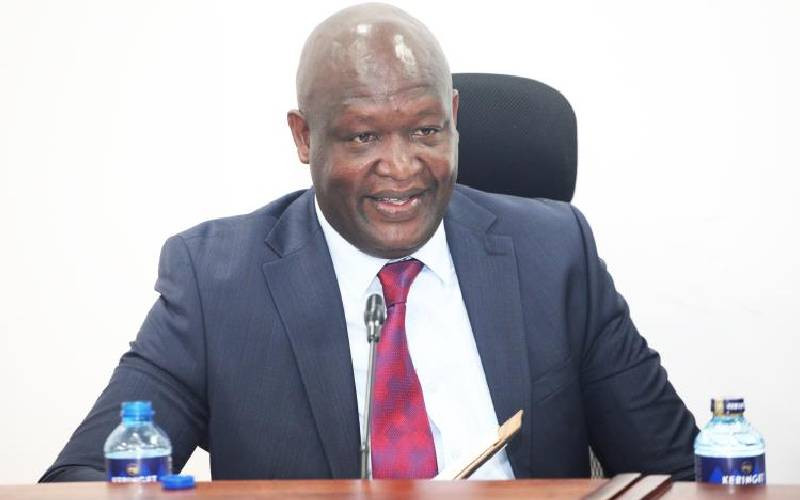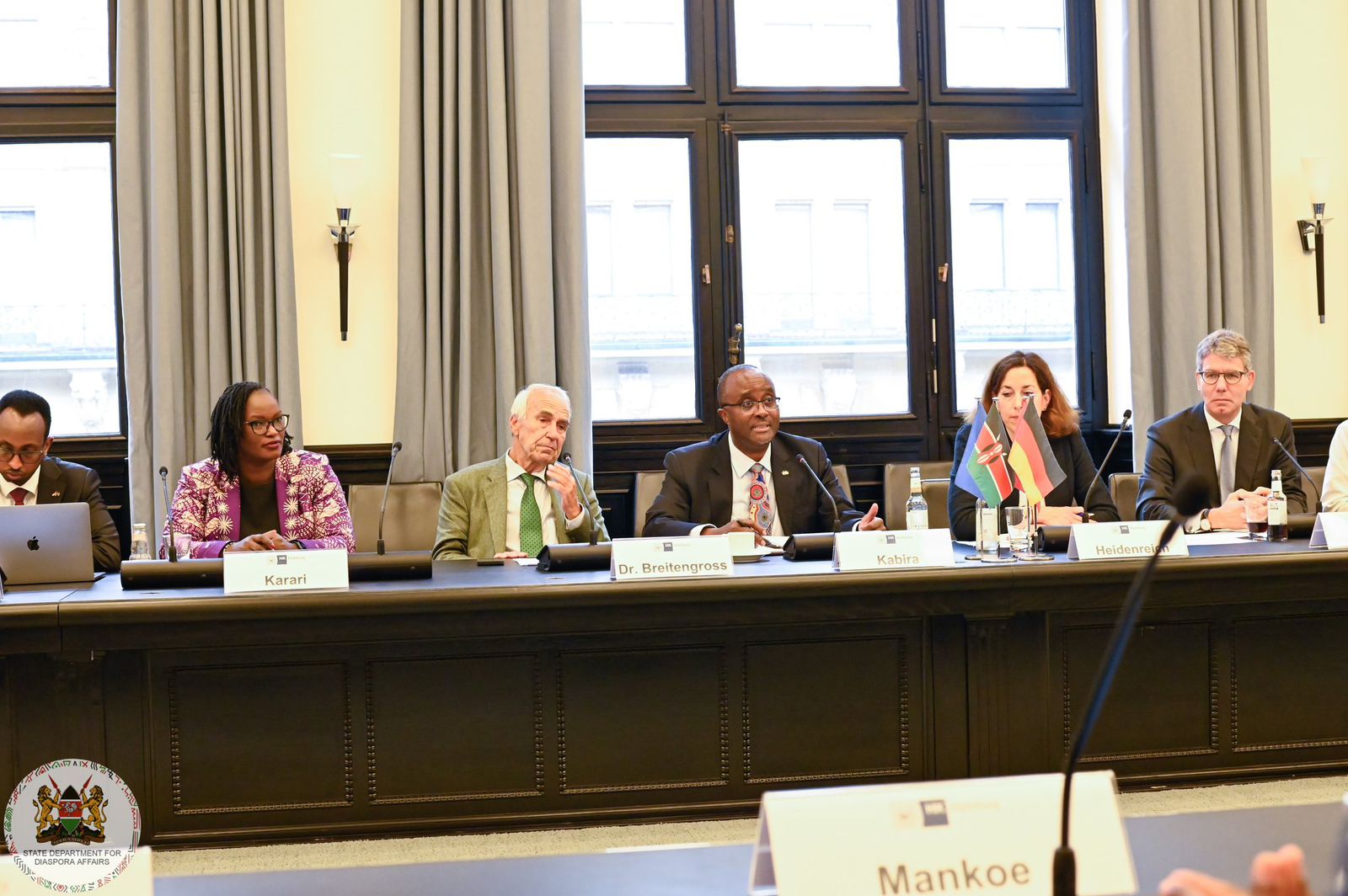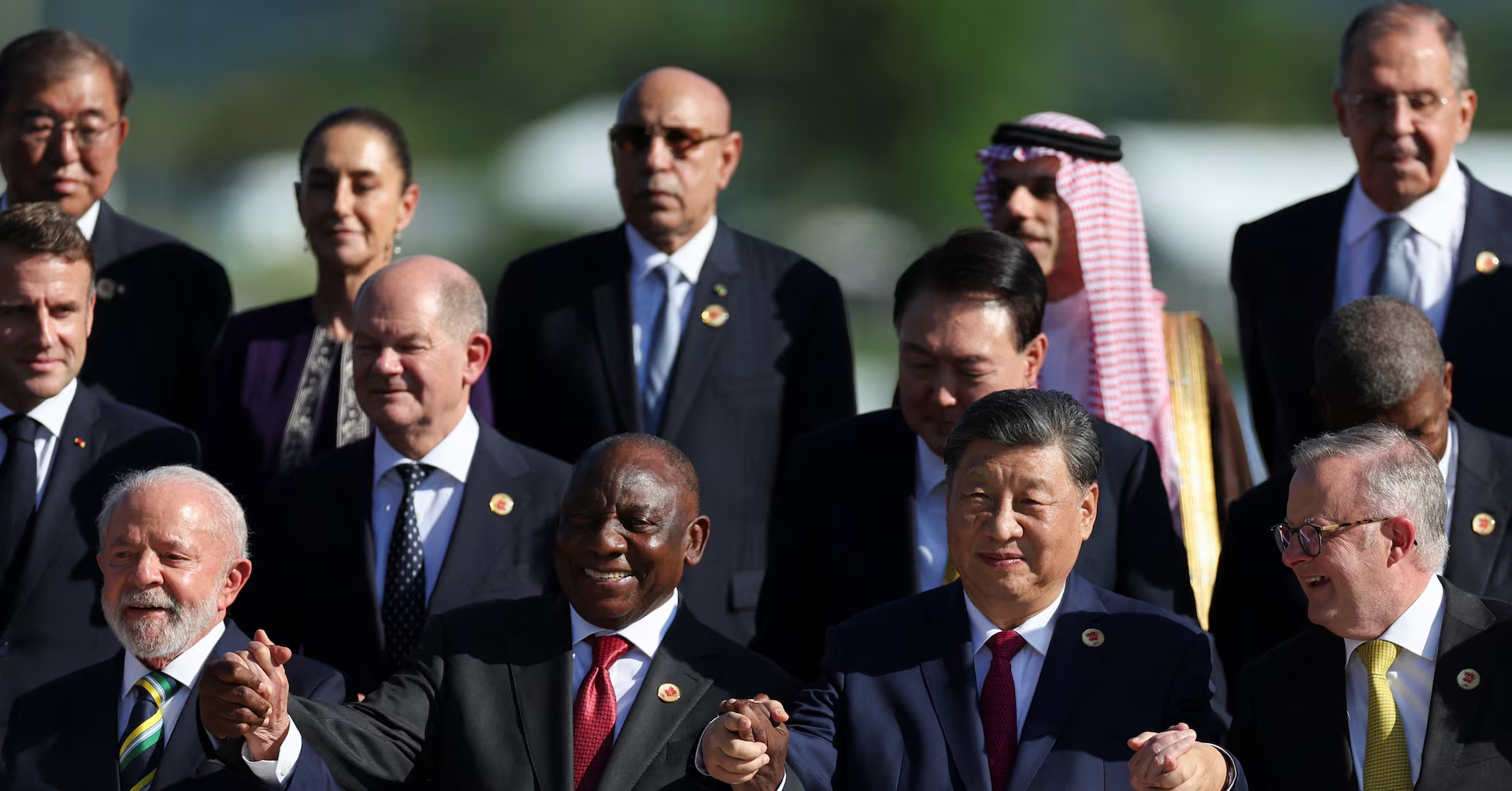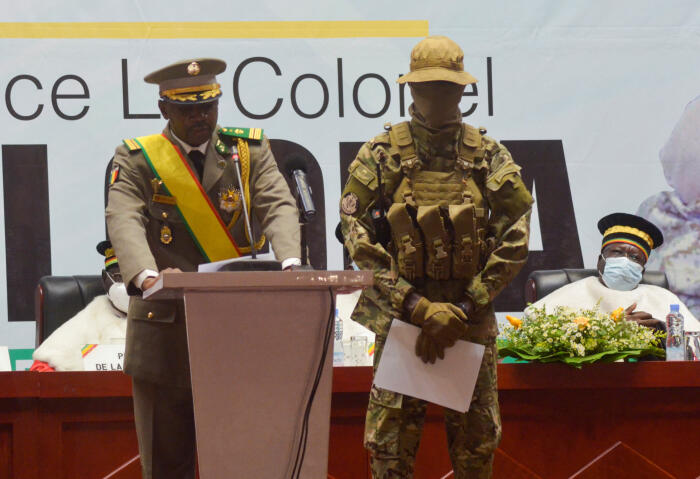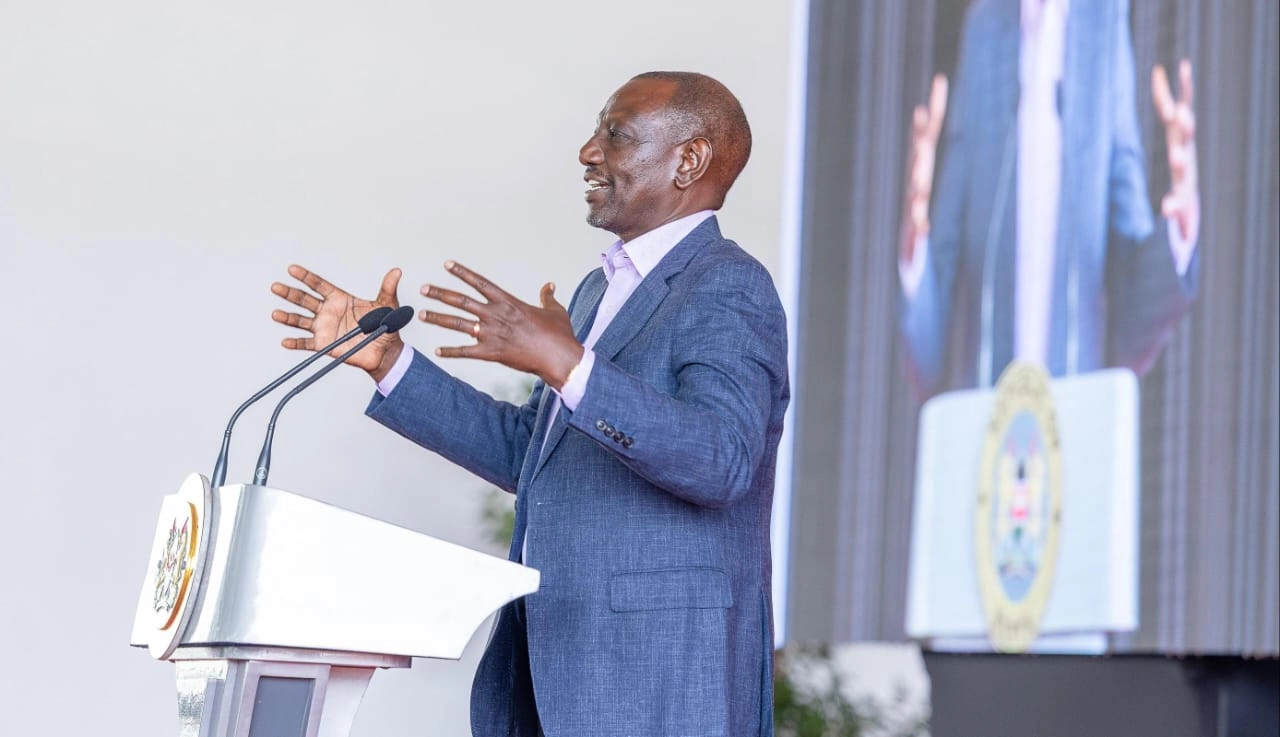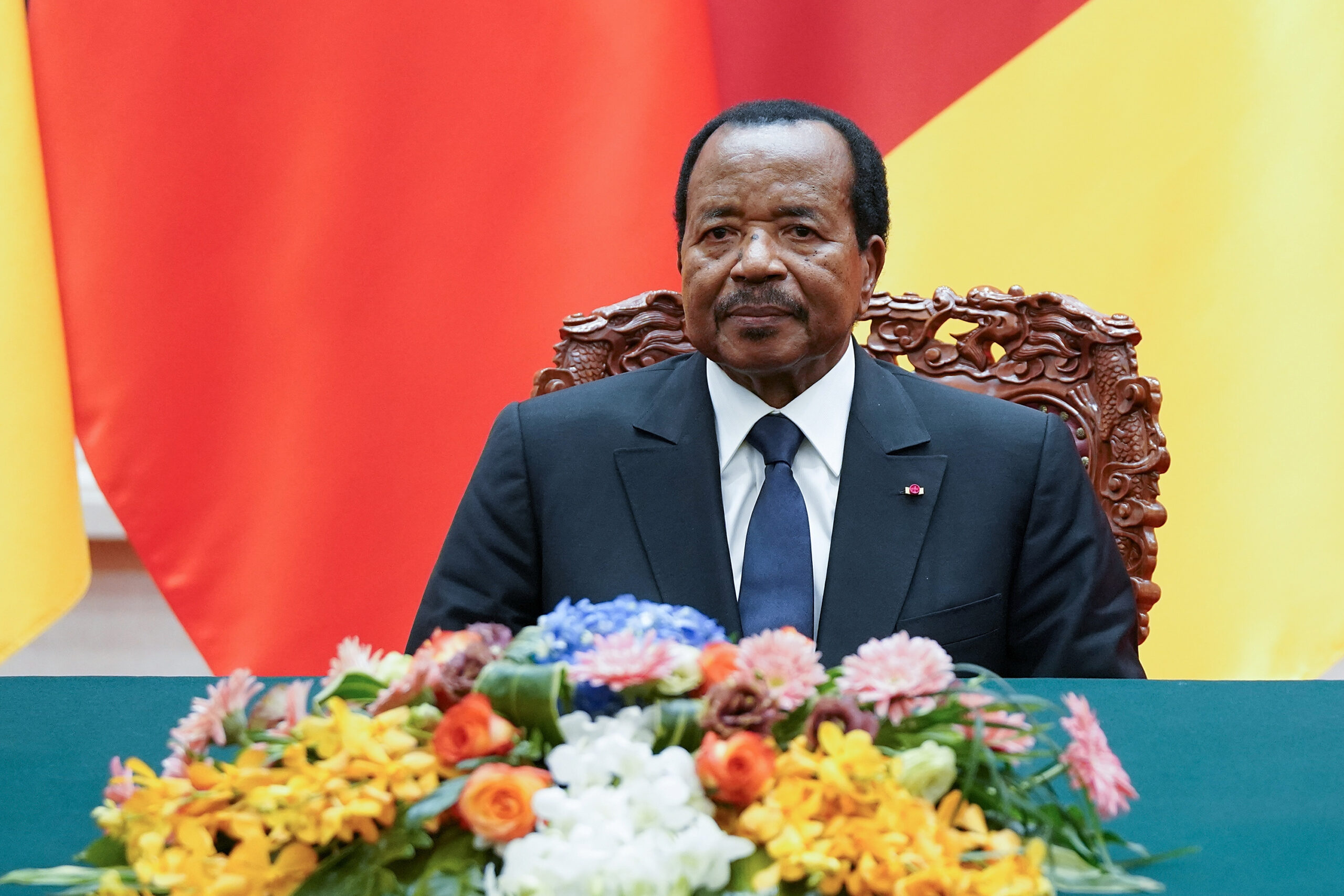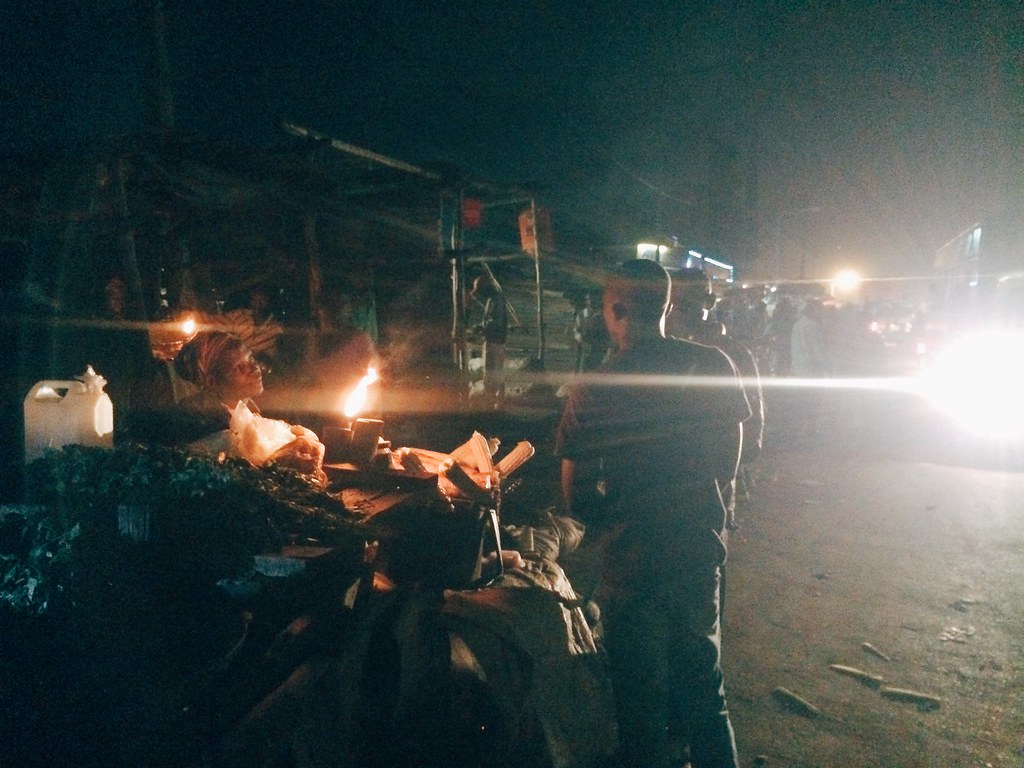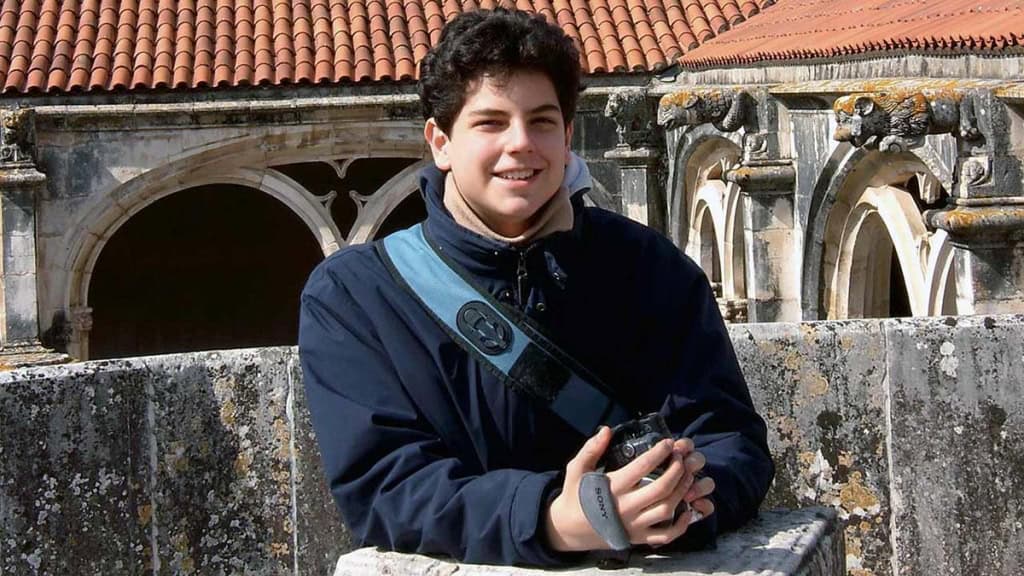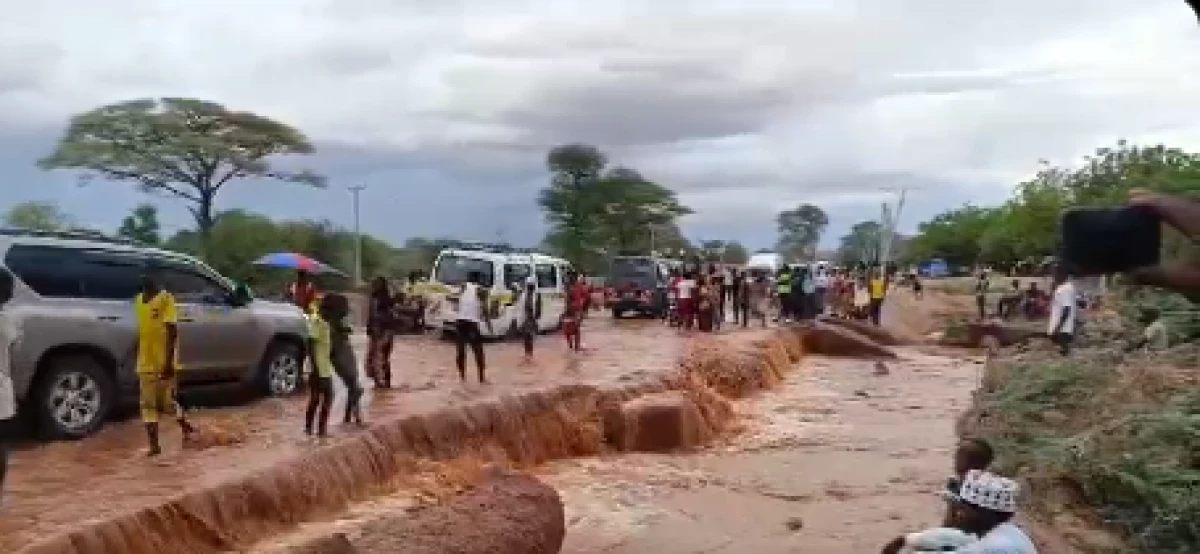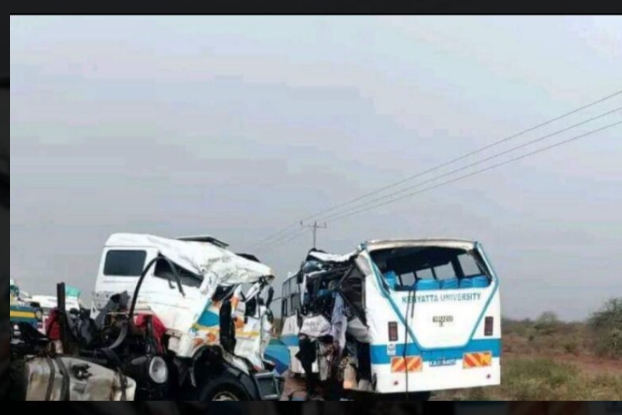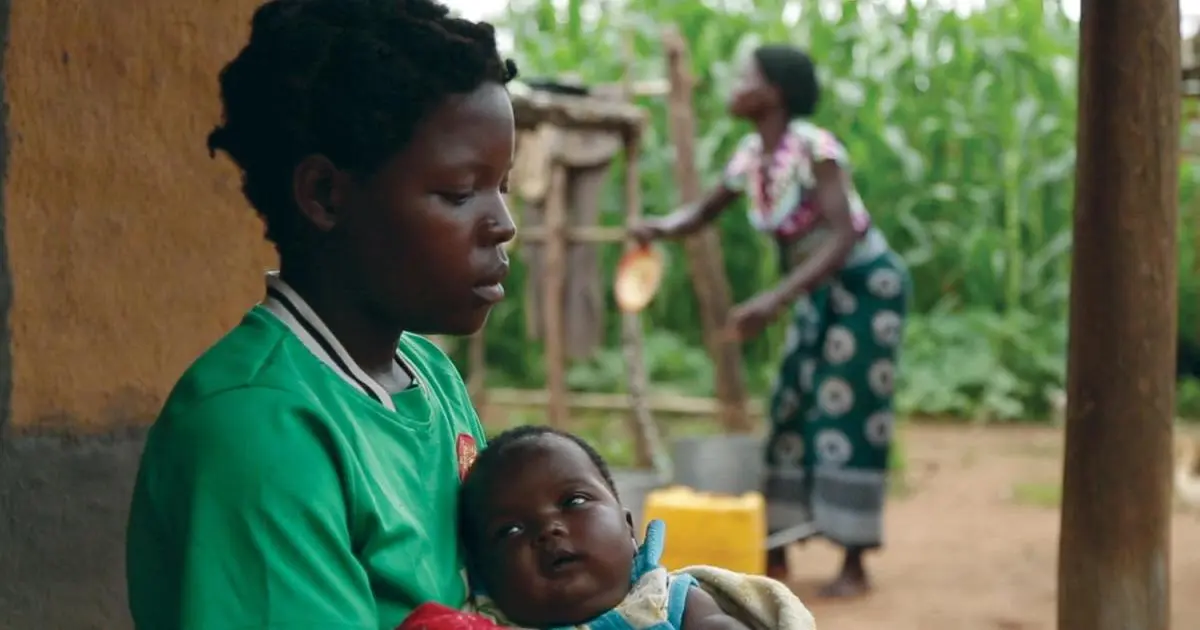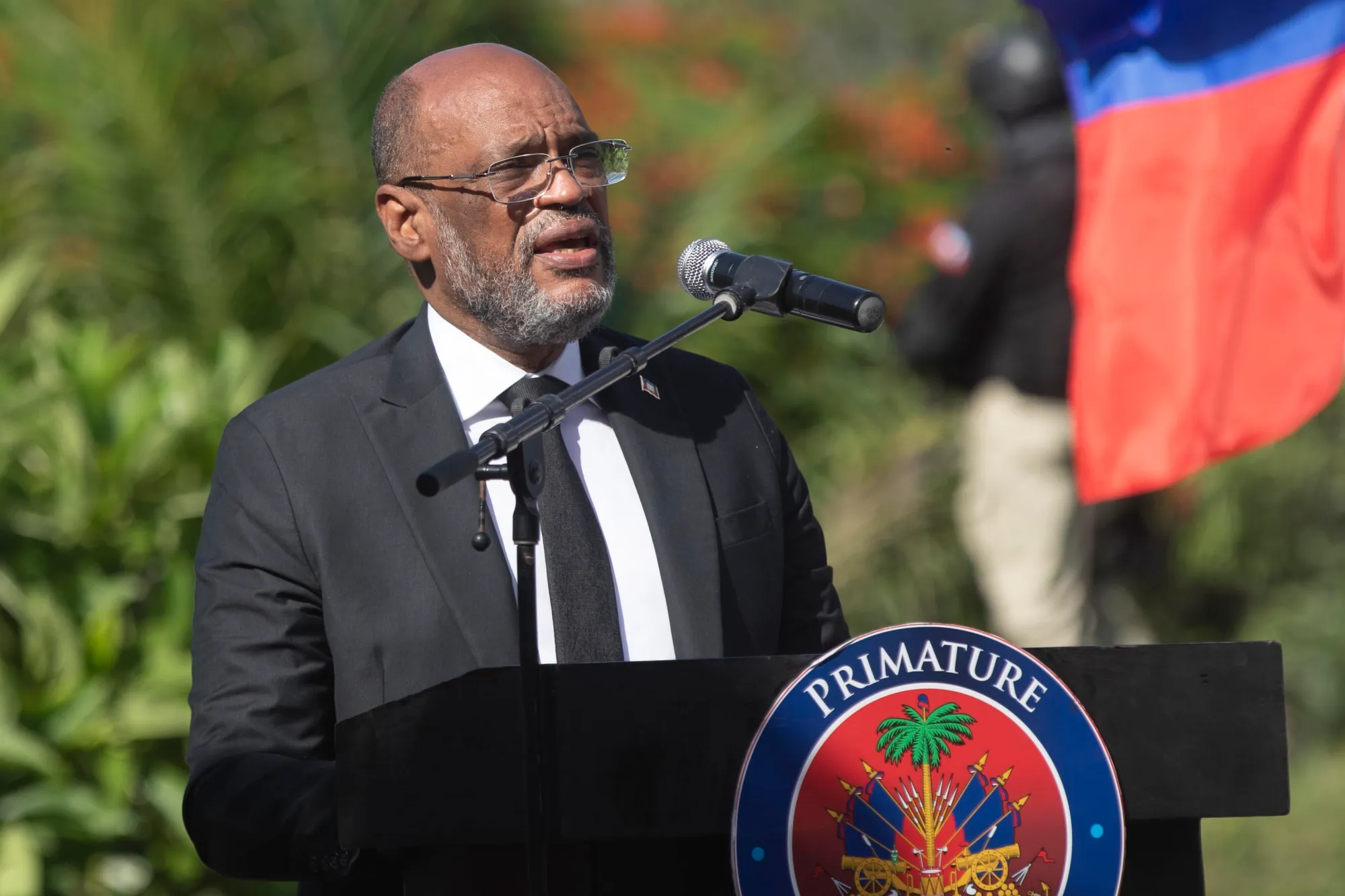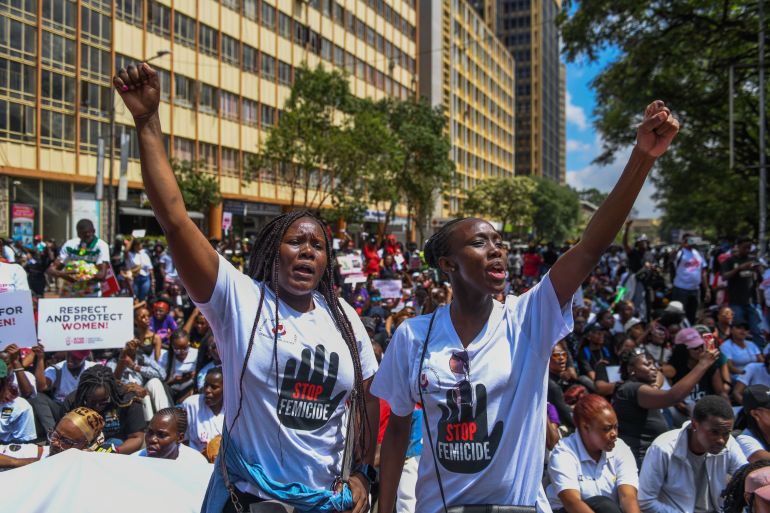Paul Biya Confirms 2025 Candidacy Online
Cameroon’s President Paul Biya has officially confirmed his 2025 candidacy for the upcoming presidential election. The announcement was made through a statement shared on social media, instantly drawing nationwide attention.
At 92 years old, Biya is not only among the world’s longest-serving leaders but also one of the oldest still in office. His decision to run again underscores his stronghold on Cameroon’s political scene, having first assumed power in 1982.
One of the World’s Longest-Serving Leaders
For over four decades, Paul Biya has been the face of Cameroon’s leadership, navigating the country through political transitions, security challenges, and economic hurdles. His governance has been marked by stability on one hand and criticism over democratic freedoms on the other.
With more than 60% of Cameroon’s population under 25, Biya’s bid raises questions about generational change and the future of leadership in the Central African nation.
Reactions to Biya’s Bid for Another Term
The news of Biya’s 2025 candidacy triggered mixed reactions both online and offline.
Supporters Praise His Experience
Supporters argue that Biya’s long tenure guarantees political continuity and experience, especially in maintaining stability in a region often plagued by unrest.
Critics Demand Change
Critics, however, insist that Cameroon needs fresh leadership. Opposition groups argue that Biya’s extended rule reflects a lack of democratic transition, pointing to youth frustrations and calls for reforms.z
Social Media and Political Messaging
By confirming his 2025 run on social media, Biya joins a growing list of African leaders using digital platforms to make major political announcements. While this modern approach broadens reach, opposition voices maintain that genuine institutional reforms and transparency remain essential for fair elections.
Looking Ahead
As Cameroon approaches the 2025 elections, the country stands at a political crossroads. Will Biya’s decades-long reign secure yet another extension, or will growing demands for new leadership shift the political landscape?
The answer will shape not only the country’s immediate future but also its democratic legacy.





